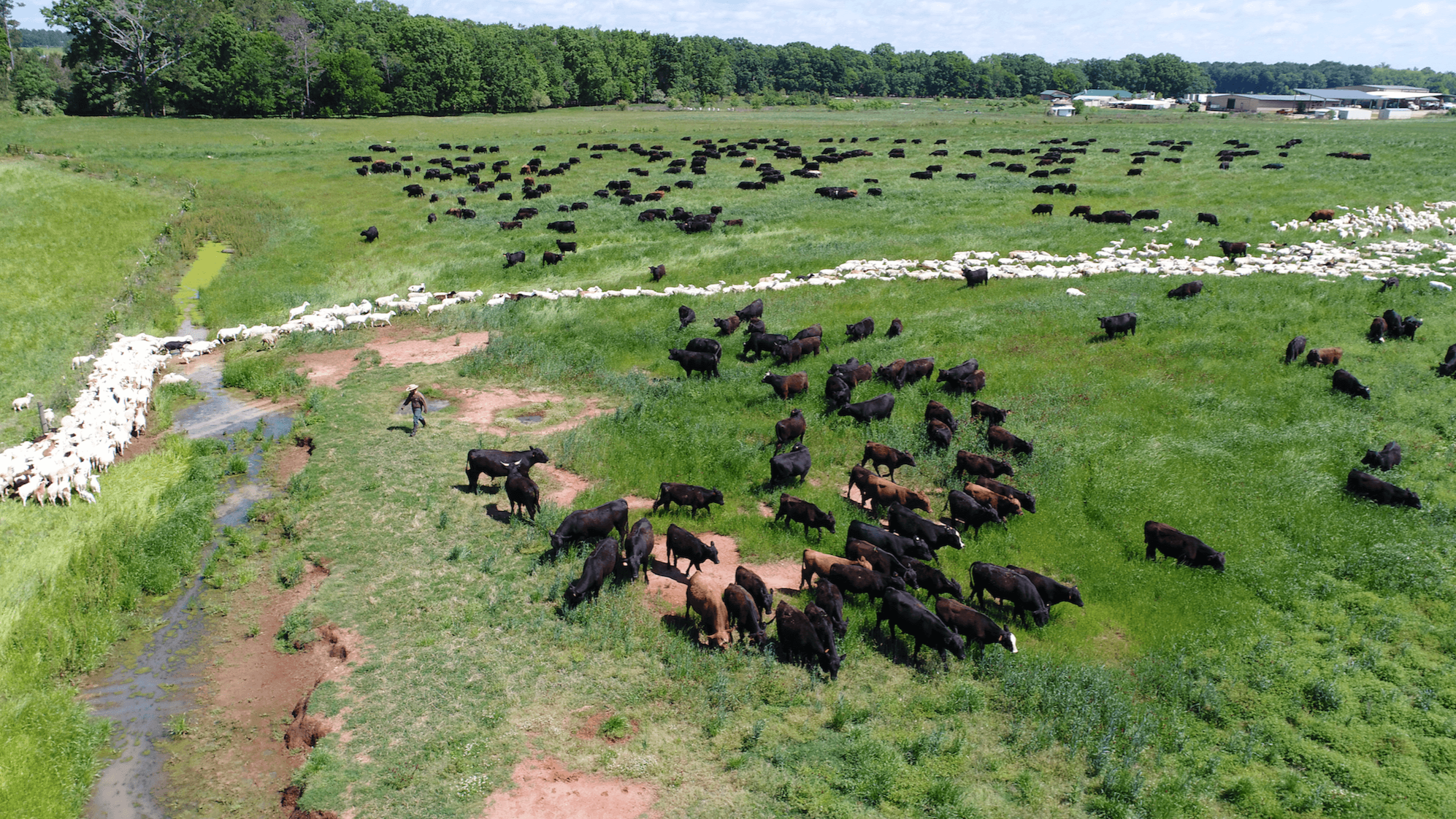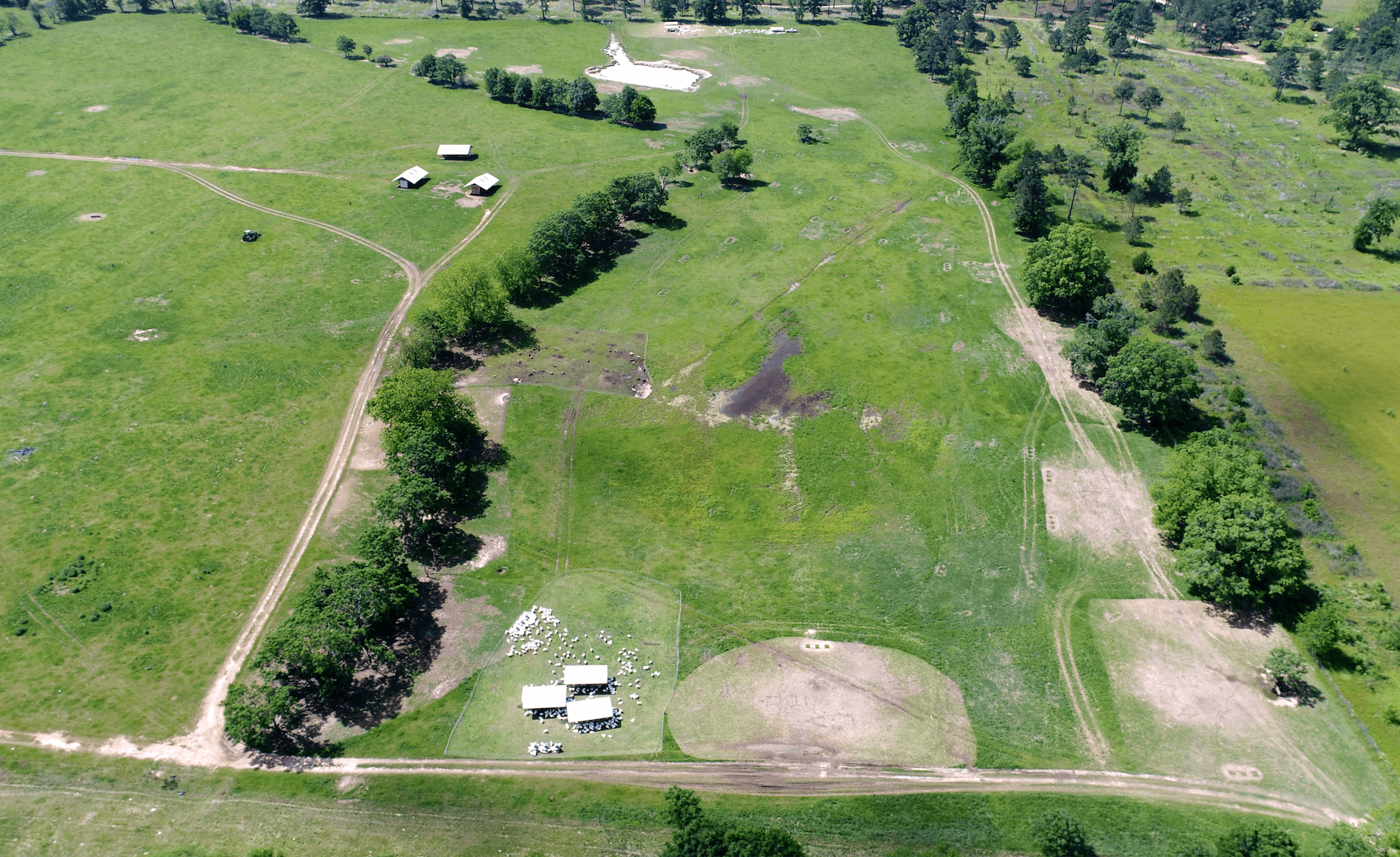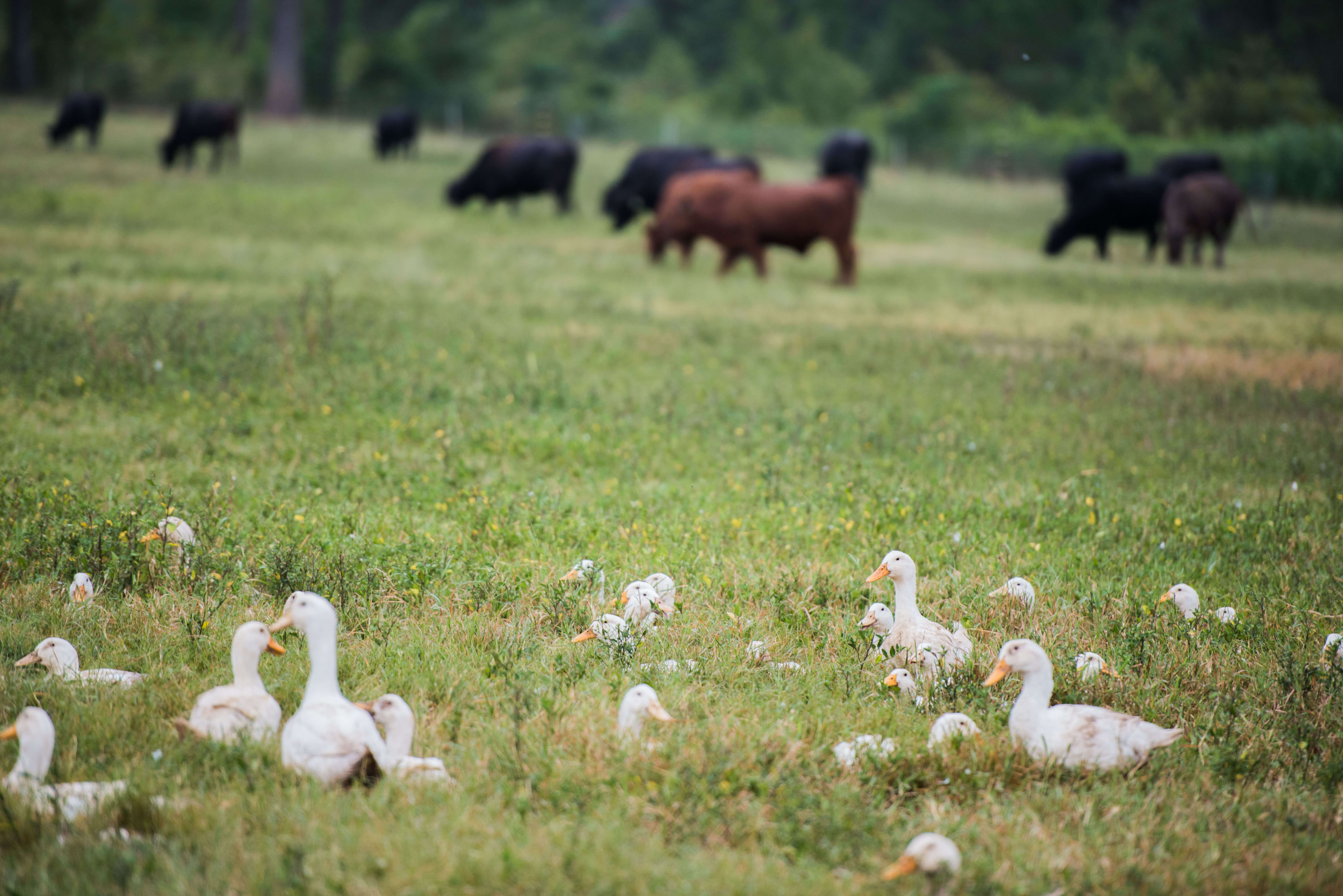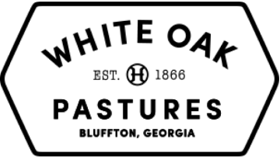
I just looked up today's price for gold. It was $2,035 per ounce. An acre of non-irrigated farmland in Bluffton, Georgia sells for about $2,000 per acre.
So, today, you can buy an acre of farmland for less money than you can buy an ounce of gold.
That seems ludicrous to me. It is almost impossible for me to grasp that concept. I really had to analyze how this could possibly be true.
Gold and land are similar, only in that they are both non-depreciating assets. There are not too many non-depreciating assets for an investor to consider. All I can think of are land, precious metals, gems, and [maybe] art.
There are pros and cons for the ownership of gold or land.
Pros for owning gold:
- Gold is far more portable than farmland
- Gold is slightly more liquid than farmland
Pros for owning farmland:
- Farmland can be managed to make it more productive, whereas gold can't
- Gold can be lost or stolen far more easily than farmland
- You, and your family, can live on an acre of farmland
- They are still mining gold, but they are not making anymore farmland
- Farmland produces food, fiber, and shelter
- You can fish or hunt or recreate on your farmland
It appears to me that there are far more pros to investing in land, rather than gold. So why does gold cost more?
I think that it is because an investor must know what to do with land, over the long-term, to really take ownership of it.
Anyone can own gold. This makes gold ownership more competitive. It does not necessarily make it a better investment.

Very few people know what to do with land to make it bountiful in the long-term. To be certain, the groups most incapable of responsibly managing land and animals are publicly traded companies.
Even if a company has an understanding of nature that is prerequisite to good perpetual land management... their understanding of time is horribly wrong.
The land and the herd [or flock] are meant to last forever. That is why land is considered a “non depreciating asset”. Decisions can only be properly made when the results are measured in a multi-generational perspective.
Decisions made by publicly traded companies are driven by “quarterly reports”, not by what’s best for the land. A company that looks like it focuses on land management can still be caught up in a short-term cycle driven by quarterly reports.
This short-term view is especially true for the “greenwashed” privately owned farms and businesses that have the goal of being cashed out to a publicly traded company or investment group. Take a look at the chart below to see if you can find some companies that you recognize. This chart is through May of 2017. There have been many more farm acquisitions since.
Click image for a larger PDF
Source: Organic Industry Structure: Acquisitions & Alliances, Top 100 Food Processors in North America, Phil Howard, Associate Professor University of Michigan
Even if the CEO of a publicly traded company understood managing generationally, and wanted to, he or she could not ethically do “the right thing”. Their stated responsibility is to “maximize the cash return to the investor”. This investor is nameless and faceless because it will inevitably be a changed pool of individuals tomorrow.
Payouts to investors, and bonuses to corporate executives, are based on short-term profits. That is the way that the system is designed. Success is not managed on the perpetuity of the quality of life on this earth.
This unpleasant realization helps me understand why there is more demand for an ounce of gold, or shares of a short-term stock in a greenwashed company, than for an acre of land. It does not make it acceptable.
-- Will Harris


